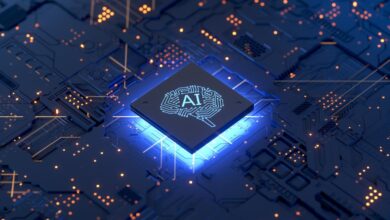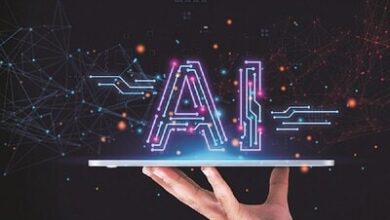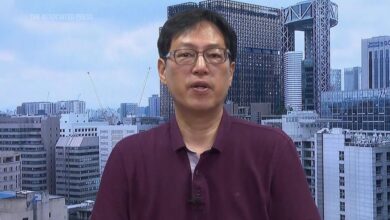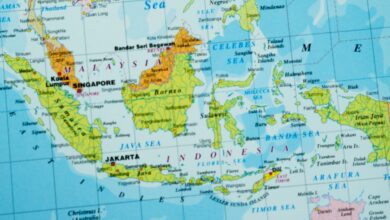Artificial intelligence “rewriting the Holocaust,” UNESCO warns
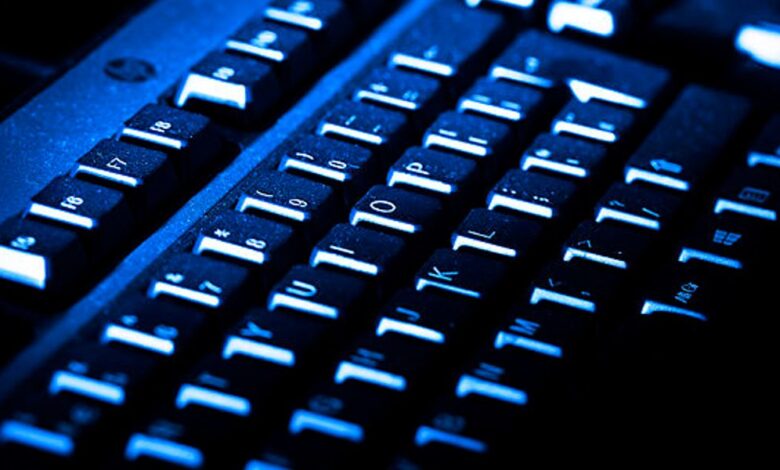
UNESCO denounced the explosion of Holocaust denial and falsification on social networks in a report published in 2022. On the Telegram messaging service, for example, almost half the content linked to the genocide of the Jews was antisemitic. This was also true for one in five Twitter messages devoted to the subject.
Two years after Twitter, TikTok, and Facebook, ChatGPT and Google Bard are being scrutinized by the UN body to assess their role in the contemporary understanding of the Holocaust. Since they were made public at the end of 2022, the so-called “generative” artificial intelligence (AI) systems have been answering live questions from millions of users, including many pupils and students. These summaries are compiled without human control, using vast masses of data from the Internet.
On the Web, however, the Holocaust is the target of a great deal of misinformation. As a result, AI-generated content is also often erroneous. This ranges from a damaging simplification of the facts to the harshest denialism, such as the questioning of the participation in the genocide of Nazi leaders like Joseph Goebbels. These are the findings of a 30-page report published June 18 by UNESCO and the World Jewish Center.
Emma Watson reading Mein Kampf
“The risk is twofold: that users acting in good faith will be misled by these tools, whose content appears to be authoritative, and that ill-intentioned people will use them to spread disinformation more effectively,” Karel Fracapane, who leads UNESCO’s fight against hate speech, summed up for La Croix. In early 2023, for example, AI software cloned actress Emma Watson’s voice to make her read extracts from the Hitler pamphlet Mein Kampf. This fake audio file was widely relayed on social networks.
“When the tool lacks sources, it invents them,” Fracapane continued. Fake survivor testimonies, fake reference works, and fake historical concepts. In particular, ChatGPT has coined the term “Shoah by drowning” to describe campaigns in which the Nazis allegedly threw Jews into rivers. Inspired by “Shoah by bullets,” the expression does not correspond to historical reality.
Oversimplification
Not limiting itself to generative AI, the UNESCO report also refers to search engines that work with algorithms. Yet Google, Bing, and Yahoo tend to “oversimplify” complex facts: between 60% and 80% of the most popular Holocaust images show just one camp, Auschwitz-Birkenau.
When asked about this, the Chinese search engine Baidu even “pops up” 36% of images related to death rock music, not genocide! On Baidu, the results are even less relevant when the query is made in Russian: not a single Shoah-related image in the first 50 results. Regarding the documentation available on the Internet, there are major disparities between one language and another.
Faced with the risk of Holocaust denial and antisemitism spreading, UNESCO is issuing a series of recommendations based on its “Recommendation on the Ethics of Artificial Intelligence,” adopted in 2021. The document also advocates for better regulation of companies supplying AI and requires them to respect historical truth—notably by introducing more effective filters.
On the educational front, it also views training in critical thinking as “urgent.” Finally, museums and archive centers are encouraged to digitize their Holocaust-related documentation more extensively so that AI tools can be trained on better-quality data.
